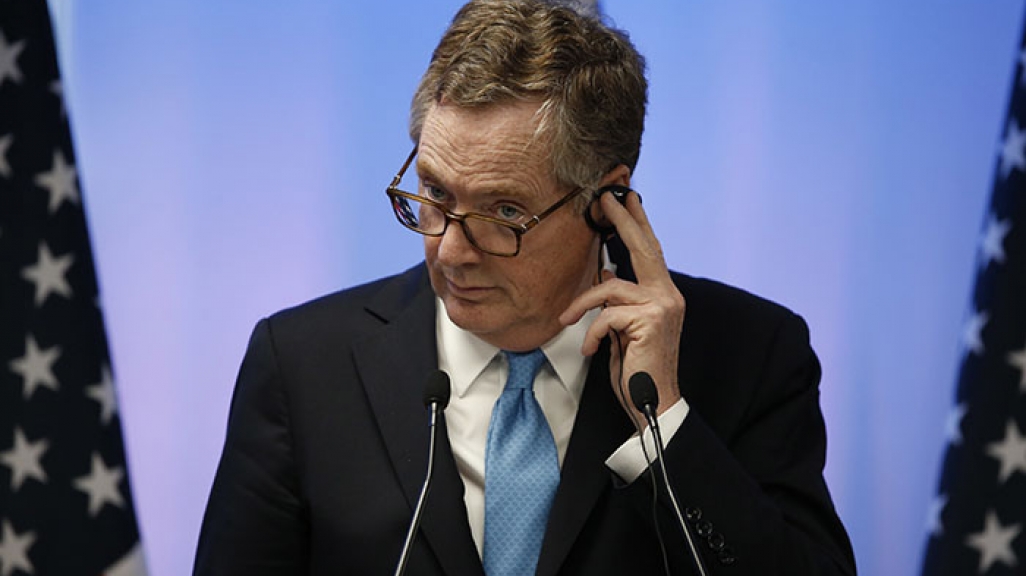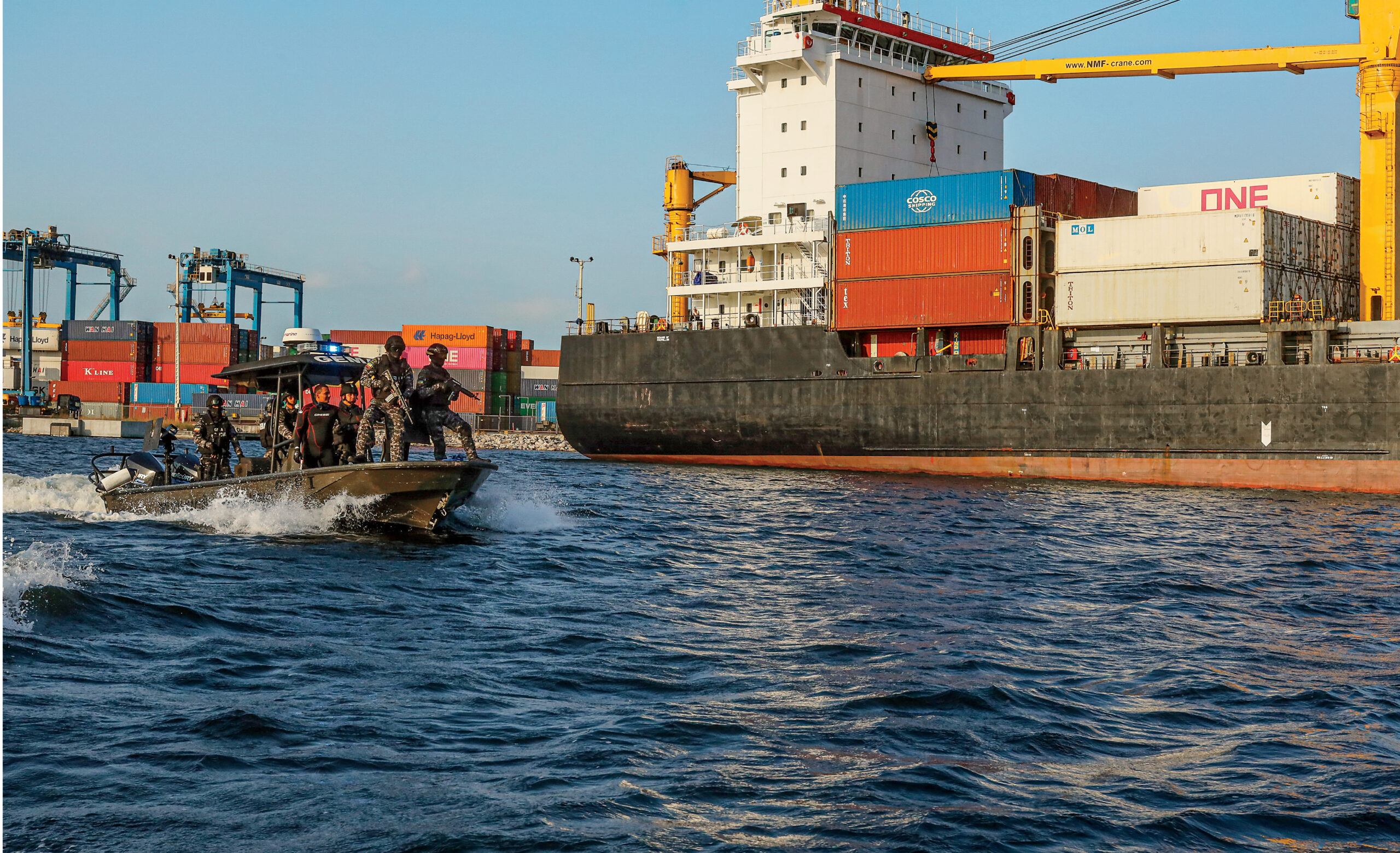To Enhance or Restrict: U.S. Must Choose the Former for NAFTA
To Enhance or Restrict: U.S. Must Choose the Former for NAFTA
Despite the discordant opening round, NAFTA negotiations need not end badly, write COA’s Trade Advisory Group Co-Chairs Jose W. Fernandez and Christopher Padilla for The Hill.
As the North American Free Trade Agreement (NAFTA) negotiations continue toward an uncertain conclusion, the White House will need to choose whether to pursue an updated agreement that expands North American trade and investment, or one that restricts it.
If the latter course is chosen, American business will for the first time in decades be faced with the prospect of urging Congress to reject a trade agreement.
Two rounds of talks in Washington and Mexico City have now identified areas of agreement and divergence among Canada, Mexico and the United States. But even as ministers from our two neighbors have consistently framed the issues as a means to further North American competitiveness, the United States has offered a different view.
At the beginning of negotiations, U.S. Trade Representative Robert Lighthizer warned that, “NAFTA has fundamentally failed many, many Americans,” claiming some 700,000 U.S. workers have lost their jobs as a result, a claim subsequently fact checked and debunked.
Negotiators often open with maximalist positions, but tweets threatening to pull out of the agreement unless Canada and Mexico buckle are not designed to reassure other countries’ negotiators. As negotiations continue, it is possible to envision an improved NAFTA that wins sufficient support for implementation….
Jose W. Fernandez served as assistant secretary of State for economic, energy and business affairs from 2009-13. He is a partner with Gibson Dunn & Crutcher LLP. Christopher Padilla served as undersecretary of Commerce for international trade from 2007-08. He is vice president for government affairs with IBM.








